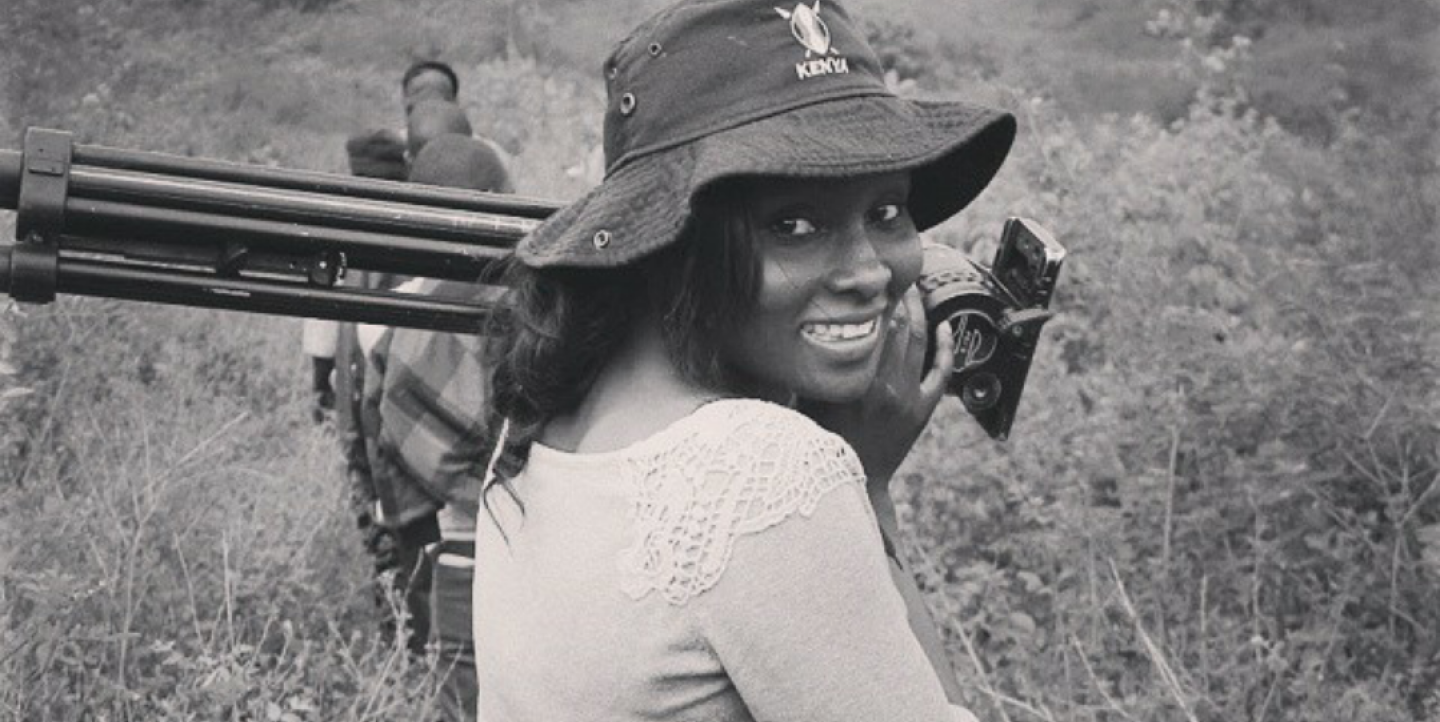Broadcast journalist Mercy Juma has spent her career covering critical health and science stories across rural Kenya. Through stories like “Teen Mums of Kwale,” she’s helped spur policy and societal changes, bringing a voice to the voiceless in her home country.
Her work was brought to a worldwide audience in March, when she was selected from a pool of 354 journalists as the inaugural winner of the Michael Elliott Award for Excellence in African Storytelling. The award, named for longtime ICFJ board member Michael Elliott, honors an up-and-coming African journalist who has a demonstrated record of telling important stories through high-quality reporting.
“It was a defining moment for me,” she said. “I knew I had the potential, but receiving that call just affirmed it.”
As an Elliott Award winner, Juma received US$5,000 to produce an in-depth story and embarked on a study tour of U.S. newsrooms to gain new skills and share knowledge.
More recently, Juma was promoted to BBC Africa’s bilingual reporter in Nairobi. Ahead of starting the new job in January, she spoke with IJNet about her experiences as the first-ever Elliott Award winner.
IJNet: What has the response to your win been like in Kenya?
Juma: The response has been great. My colleagues, first at NTV and the Nation Media Group, and now at the BBC where I currently work, were and are so proud of me. My family too! And I am forever indebted to each one of them, because all of this is because of the great support system that I have, both at home and at work. A number of journalists in East Africa have also reached out to me asking about the award and when the next submissions are due.
What lessons and experiences did you take away from your trip to the U.S.?
I learned a lot from the U.S. trip. Some of what stood out include my visit to newsrooms where I got to learn a lot about digital storytelling, which is quite a passion for me now. Twitter was absolutely great on this, too.
I took home a lot on mental health, non-communicable diseases and how to cover them — especially in Africa, where there are a lot of myths and misconceptions about mental health.
Lastly, I met great people and made friends who are a great resource to me as a journalist.
How do you think the Elliott Award has affected your career so far?
I have grown as a journalist tremendously. From the study tour, I came back home with great ideas and tips on digital storytelling, an aspect I have come to greatly love. When I won this award, I had just joined the BBC as a broadcast journalist. This month, I have just been appointed BBC Africa’s bilingual reporter in Nairobi.
What advice would you give to fellow African journalists interested in entering for next year’s award?
Go for it and submit your best story! The experience, the contacts and the exposure thereafter are tremendously beneficial!
This interview has been edited and condensed for clarity.
Entries for the 2018 Michael Elliott Award for Excellence in African Storytelling are now open through Dec. 31, 2017. Learn how to enter here.
Image courtesy of Mercy Juma.

